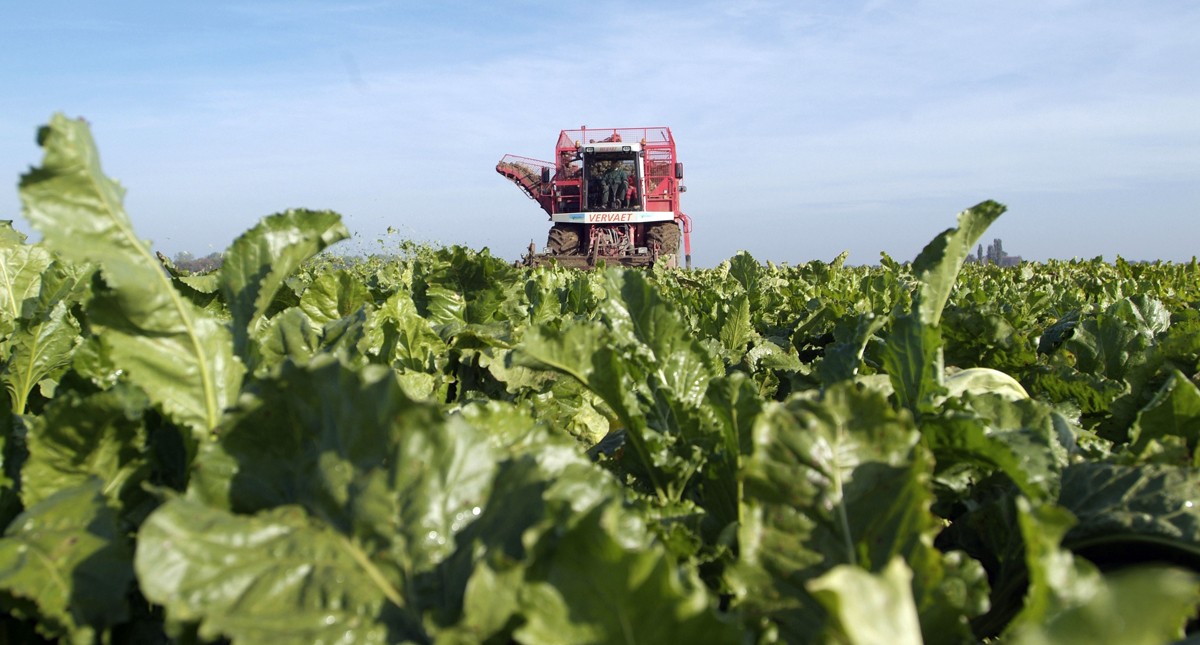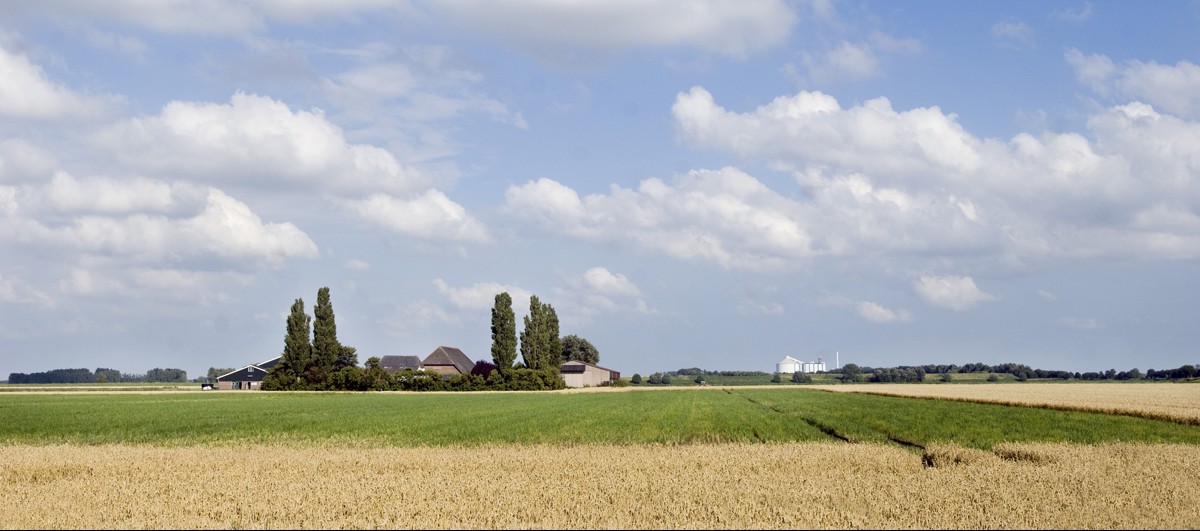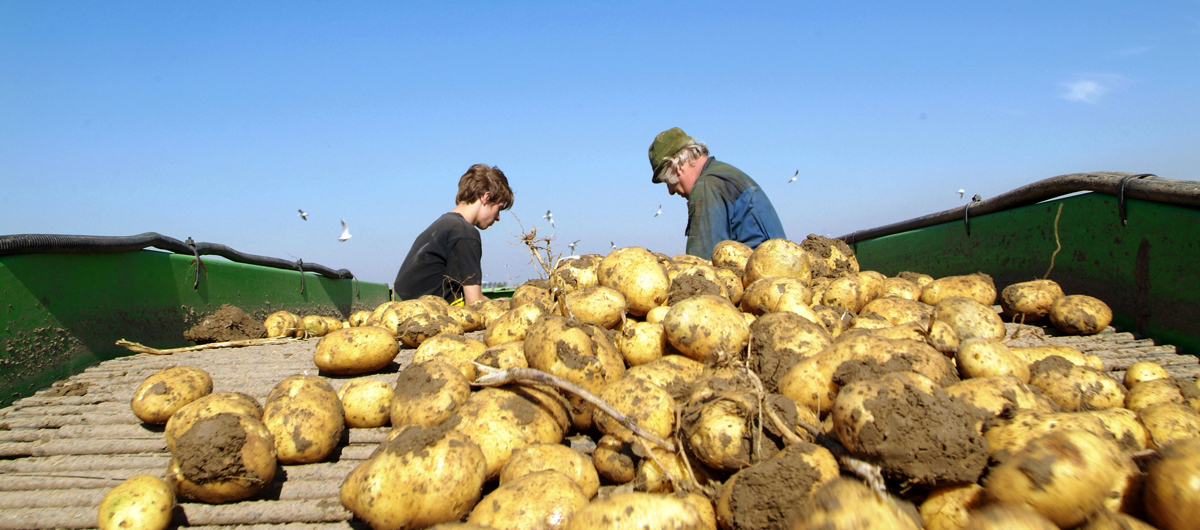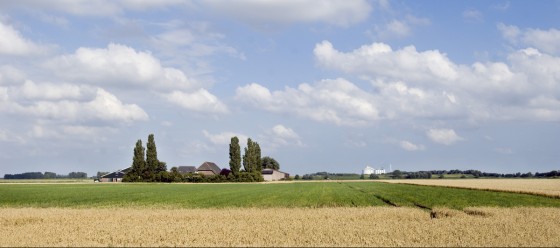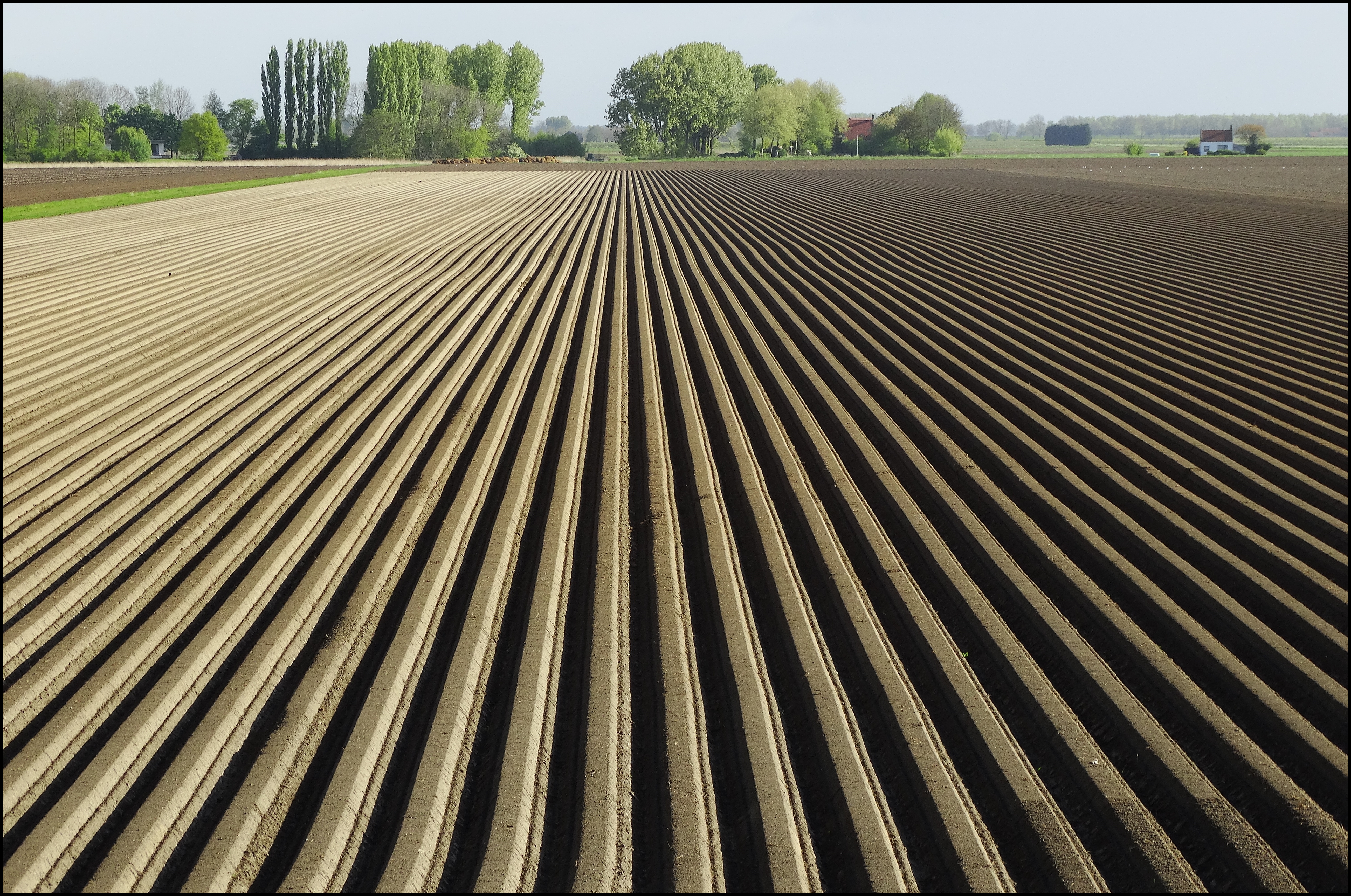Improved European Agricultural and Countryside Policy after 2013
With a view on the year 2013, the common European Agricultural policy faces a crucial choice: either continue on the road of liberalisation of agricultural markets or move towards sustainable production, both from an economic and social point of view.
The Nederlandse Akkerbouw Vakbond (NAV, Dutch Arable Farming Union) feels that liberalisation of agricultural markets may have too many adverse effects and proposes to opt for an improved EU Agricultural and Countryside Policy after 2013.
Current EU policy is largely – and perhaps excessively – driven by WTO’s free-trade maxim. EU’s current heading of liberalisation has serious shortcomings:
• Managing supply by the free, anonymous global market for agricultural products is ineffective because of the inelasticity of demand and supply, a large number of producers compared to a small number of buyers, insufficient market transparency, diseases and plagues, undesirable mineral flows (phosphates), undesirable reclamation of carbon-rich soils (South America) and the fact that individual growers are unable to comply with market regulations, or rather global market regulations. The global market for agricultural products is not expected to operate successfully in the future either, because of the lack of a level playing field, veiled grants and import and export impediments;
• Dramatic fluctuations of general prices and food prices in particular cause unrest among the population (2008 food crisis), erode the continuity of food production and consequently the long term perspective of agriculture;
• Food security, food safety and social sustainability are second to economic gain and therefore uncertain;
• The policy fails to encourage or sufficiently support local production in countries/regions which suffer from food shortages, thus preserving famine throughout the globe;
• Proceeds are far below cost price levels plus business margins, so farmers in the EU and elsewhere can only survive by means of grants.
Over the past five years, we have grudgingly watched how the European Commission increasingly transferred the regulation of agricultural markets to the anonymous global market. It is high time for review, in our opinion. Review on the course that was set over the past few years. Liberalisation has a nice ring to it, but meanwhile we know the effects. Cereal prices are dramatically low after a short-lived peak, starch potato prices have been dragged down along with other products and the same applies to free products such as industrial vegetables. We feel that a Common Agricultural Policy is still urgently required, that basic crops and basic products still require market regulation in some shape or form and that we should – based on progressive perception in this period of economic downturn – find new and contemporary methods of market regulation and supply management.
NAV feels that an improved EU Agricultural and Countryside Policy after 2013 with contemporary policy instruments is essential and feasible, oriented towards sustainable production, from an economic and social point of view. This improved course has the following characteristics:
1. Food sovereignty – the right to provide for one’s own food supply – is the leading principle for each continent/trade bloc. This means that each continent/trade bloc can pursue its own food and agricultural policy;
2. Food security, food safety and fair sales prices (cost price plus business margin) are the targets of EU policy after 2013;
3. Balance basic product supply (cereals, proteins, starch, sugar and bio fuels) and maintain this balance in the EU by supply management;
Instruments for EU supply management:
• Increase EU vegetable protein self-sufficiency degree from approx. 30% in 2010 to 70/80% in 2025. Proteins are essential to man and beast. And it’s proteins for which EU’s population is largely dependant on imports from the farthest corners of the world. Moreover, an important part of these imports is highly questionable in respect of social and ecological sustainability. Meanwhile, there’s ample production space in EU 27;
• flexible addition of bio ethanol of cereal origin to fuels (increase fuel self-sufficiency degree in order to make EU less dependant on imports);
• field edge management;
• flexible fallow policy;
4. Market protection for basic products
Instruments for EU market protection:
• Import duties for all basic products, comparable to present import duties on cereals;
• Stabilise the cereal market by means of flexible addition of bio ethanol of EU cereal origin, because of the pivotal role of cereals;
5. Whilst developing fair sales prices, company subsidies will be degraded analogously. First and foremost, it is essential to achieve fair sales prices and then to downgrade company subsidies – perhaps gradually – without creating adverse income effects for farmers;
6. Fair rewards for ‘green’ and ‘blue’ services based on cost price plus business margin.
7. Level playing field for EU producers, taking crop protection, solar and wind energy, bio fuels and tax environment into account;
8. In the interest of food safety, animal welfare and fair trade, import goods must comply with the same requirements as products of EU origin. This means a level playing field for products of EU origin and imported goods of non-EU origin.
Equivalent position of growers
NAV pleads in the defence of European competition rules which guarantee an equivalent position of farmers and growers in the food chain. Sales prices for growers must rise, irrespective of margin distribution throughout the chain. We want to earn money, we must be able to secure our own margin and legislation should enable us to do so. NAV feels that European competition rules should offer growers an equivalent chain position and should safeguard full transparency of price establishment in the food chain and fair prices for growers. Since current competition rules are an impediment to strong growers associations for products which are beyond the scope of the Common Market Organisation (including table- and chips potatoes), we kindly request you to take the initiative to alter current European and Dutch competition rules in order to enable growers to join forces and become strong and full-fledged players in the food chain. We consider it fully reasonable that the level of grower cooperation should be equal to the extent of concentration on the buyers’ side (e.g. chips industry, supermarkets) in the Netherlands and in Europe.
A new and independent European body will be better equipped when compared to national competition authorities to provide full transparency and power management throughout the European food chain.
NAV, 2 april 2010
